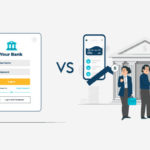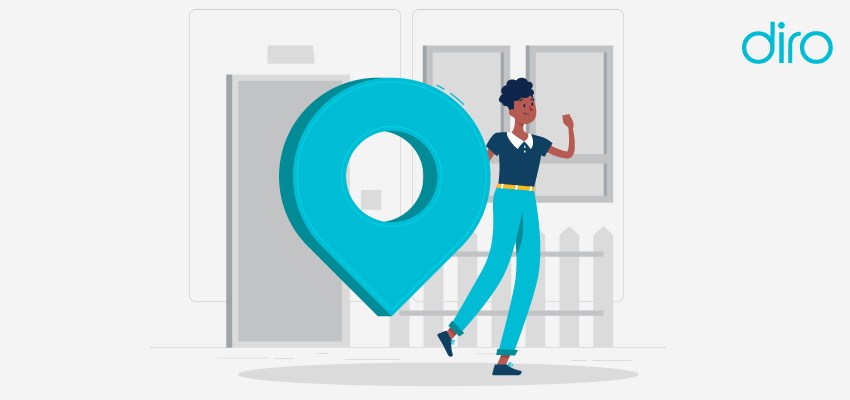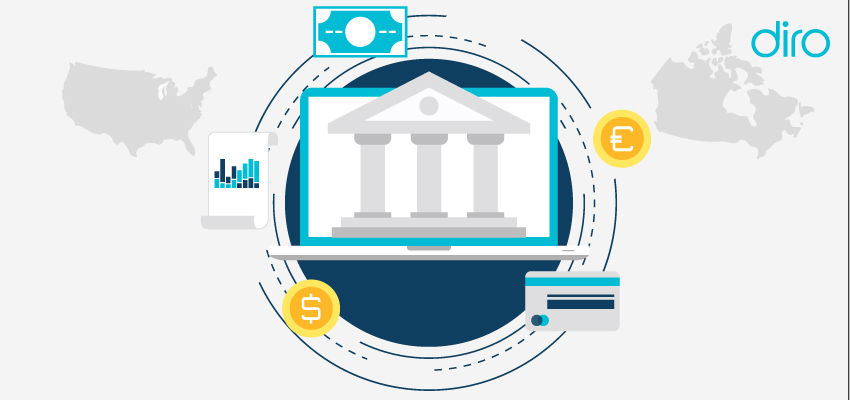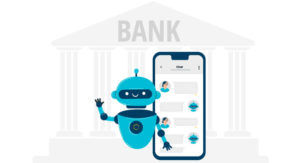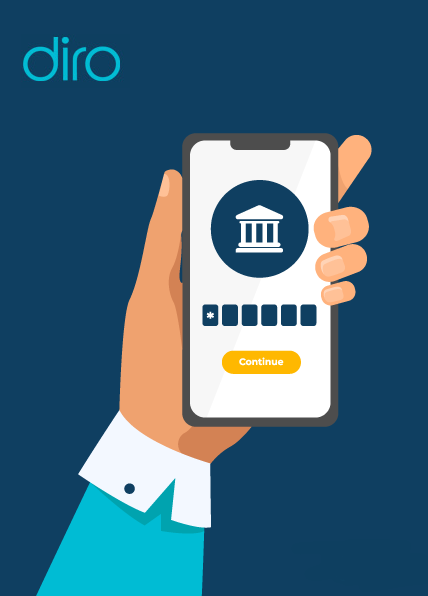Why Open Banking for Income Verification?
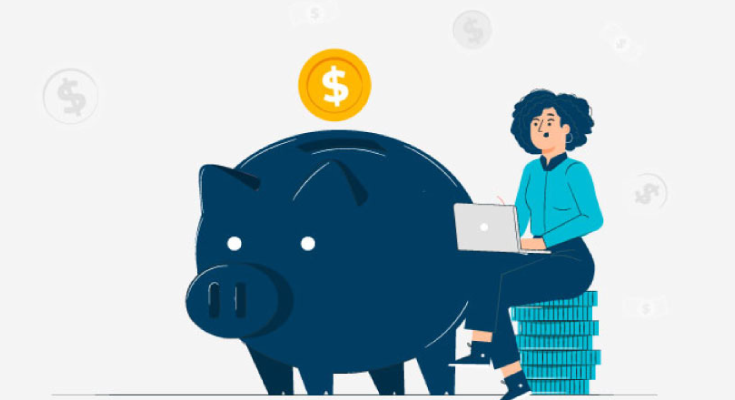
Going through a loan application process is one of the most daunting things you can go through. Whether you’re looking forward to buying a home, or automobile or have to go through a mortgage lending process, you have to sit through this process. The biggest part of the loan approval process is income verification.
It can take a lot of time and involves a huge number of paperwork. If you have all the right documents stored in a particular place, then you can use them to complete the process fast. But, if you have your documents scattered all over, then the process becomes frustrating.
Here’s how open banking can help in the income verification process for lending.
Common Documents Used for Income Verification Process?
Paystubs are one of the most common documents that are used to verify a person’s income. It serves two purposes, it can help in completing income and employment verification. With a paycheck that’s traceable back to the employer, a lender can easily figure out what kind of income that’s coming in. They can also follow up with the employer to verify the information provided by the lender.
Other income documents include proof-of-income letters, the standard W-2 annual tax statement can also work. Other tax forms may be more fragmented. Unfortunately, these documents aren’t available all the time. While they can be easily obtained from your organization’s payroll providers and tax filing software, they still require a significant amount of hassle for both the borrower and the lender.
Moreover, processing that kind of paperwork, following up with the employers, and verifying the details is time-intensive, and thus money-consuming.
How Open Banking Improves Mortgage Lending?
Mortgages are one of the biggest loans that consumers have to take in their life. This is also why the mortgage application process is complex. According to a survey, the biggest reason why people hesitate to get a home loan is that they’ll have to go through the loan application process.
Mortgage credit decisions end up falling on the borrower’s ability to make the payments on time. Almost all mortgage lenders ask for at least 2 years’ worth of income and employment verification history. This happens using tax documents, pay stubs, and asset management. The same goes for self-employed borrowers.
The recently launched MasterCard open banking platform is able to leverage open banking data to cover all the strict guidelines for high-value loans. This helps in easing the income verification process for both parties.
How Can Renters Benefit from Open Banking?
Homeownership isn’t suitable for every person, and open banking makes the elimination process easier for banks. Landlords screening for potential tenants can also leverage open banking data to make smarter and informed decisions much quicker. It can also be used to give context to low credit scores. There are other red flags that can also be uncovered using open banking. This also leads to a simpler and fairer decision-making process.
When do Auto Loans Require Income Verification?
Auto loans don’t generally ask for income and employment documents, but they may ask for them whenever a borrower has a low credit score. The same goes for credit cards, personal loans, and other payment sectors.
For low credit score borrowers, just checking the credit score doesn’t tell the whole story. It can lead to frustrating denials, even though they have evidence of qualifying income and they pay bills on time.
By incorporating income and other data, like transactions from connected bank accounts, debt-to-income ratio, and more. Borrowers can be approved for their car loans and qualify for lower interest rates. Lenders, on the other hand, won’t miss out on onboarding new customers with a simple income and employment verification process.
How does Income Data Lead to Personal Lending Decisions?
For many personal lenders, verifying income history may not be the best way to approve loans. With open finance, income data, transaction data, and other financial data can be incorporated into their lending algorithms.
Personal lenders of all types can look at multiple types of data, based on how much they’re lending and what the money is being used for. The open banking landscape provides highly customized data, straight from the applicant’s bank accounts. This leads to better decision models.
They no longer have to be satisfied with the submitted documents. By accessing consumer-permissioned data anytime, lenders can get a complete view of a customer’s financial health and bank account data.
How Does Open Banking Income Verification Help Consumers?
Verifying a customer’s income with data permission by consumers allows lenders and FinTech developers to streamline the customer experience during the loan application. Moreover, it offers better choices to consumers.
Open banking provides access to data that’s needed to verify income quickly, securely, and without manual effort. It is the best solution to improve lending and mortgage processes.

